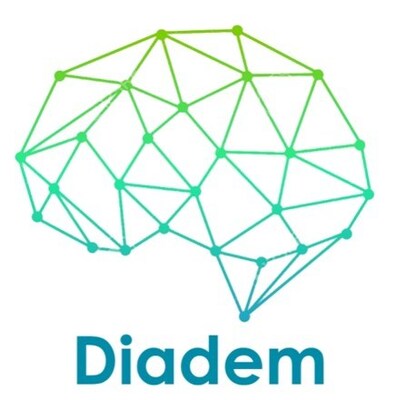Diadem Unveils Novel Findings on Early Alzheimer's Disease Detection Using p53-Specific Antibody at CTAD 2024
Comunicato Precedente

Comunicato Successivo

Researchers applied U-p53AZ to brain samples from various Braak stages, which track AD progression. The antibody selectively bound to misfolded p53 in AD tissues, with minimal binding in healthy controls. Co-staining with phosphorylated tau (pTau), a key AD marker, reinforced the association between p53 misfolding and tau pathology, suggesting a strong link to AD progression.
Prof. Rakez Kayed stated, "The co-localization of misfolded p53 with phosphorylated tau suggests a mechanistic interaction that warrants further investigation, particularly as a target for early diagnostic intervention." His comments underscore the significance of the findings in identifying new diagnostic and therapeutic strategies.
Dr. Sam Agus, Chief Medical Officer at Diadem, added, "Our results demonstrate that U-p53AZ not only identifies a conformation-specific form of p53 linked to Alzheimer's disease but also correlates with disease severity through Braak staging.
The study expands on prior work (Piccirella et al, JPAD, 2022), positioning U-p53AZ as a robust tool for both early and advanced AD detection. Its potential for clinical application in diagnostic settings is significant, particularly in light of its ability to distinguish AD-related p53 misfolding from normal p53 conformations.
About Diadem SpA
Diadem SpA is a leader in diagnostic solutions for Alzheimer's and neurodegenerative diseases. Based in
Milano, Italy, Diadem focuses on early detection to improve patient outcomes.

For more information, contact:
Diadem:
Michael Rasche
CEO
[email protected]
![]() View original content:https://www.prnewswire.co.uk/news-releases/diadem-unveils-novel-findings-on-early-alzheimers-disease-detection-using-p53-specific-antibody-at-ctad-2024-302291701.html
View original content:https://www.prnewswire.co.uk/news-releases/diadem-unveils-novel-findings-on-early-alzheimers-disease-detection-using-p53-specific-antibody-at-ctad-2024-302291701.html





